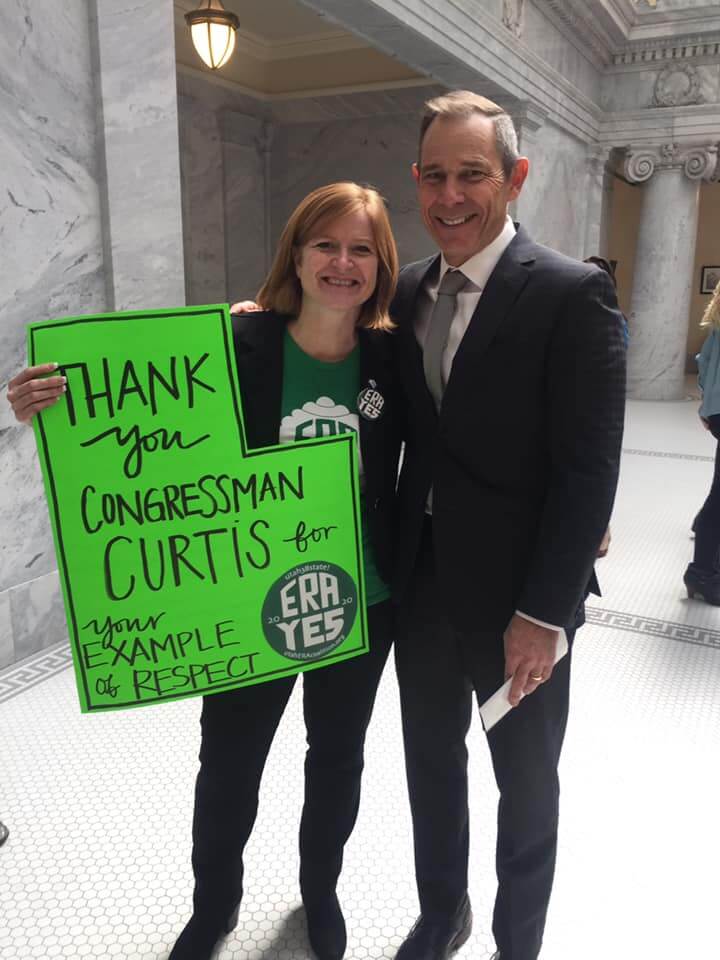
There is no time limit set for ratification of amendments in Article V of the U.S. Constitution. There should be no deadline on equality. We are living in this question right now, as the U.S. House voted in March 2020 to remove the arbitrary deadline given to the Amendment. There are sound legal arguments for why this timeline is not binding. It does not appear in the primary language, but as an addendum. Other amendments, such as the 27th Madison Amendment have had a similarly long road to ratification. Congress has the power to extend or remove the deadline and it has extended the deadline before. A bi-partisan companion bill, SJR6, proposed by Senator Murkowski and Senator Cardin is currently waiting to be heard in the U.S. Senate, and would remove the deadline from the ERA. A lawsuit to compel the archivist to sign the 28th Amendment into law is currently in Washington, D.C. This lawsuit was brought by the Attorneys General of Nevada, Illinois, and Virginia. Because amendments are so rare, and considered so necessary once passed, they are given special consideration when the 38-state threshold is reached, Closer to home, former Utah Supreme Court Justice Christine Durham said this, “The federal Constitution, which creates the process for amendment makes no mention of Congress having power to make deadlines and to cut off ratification efforts.” While some will take a wait and see approach to this issue, we submit that this is a moment to lead, like Congressman John Curtis and Congressman Ben McAdams did with their votes to remove the deadline. Utah should set the example.
